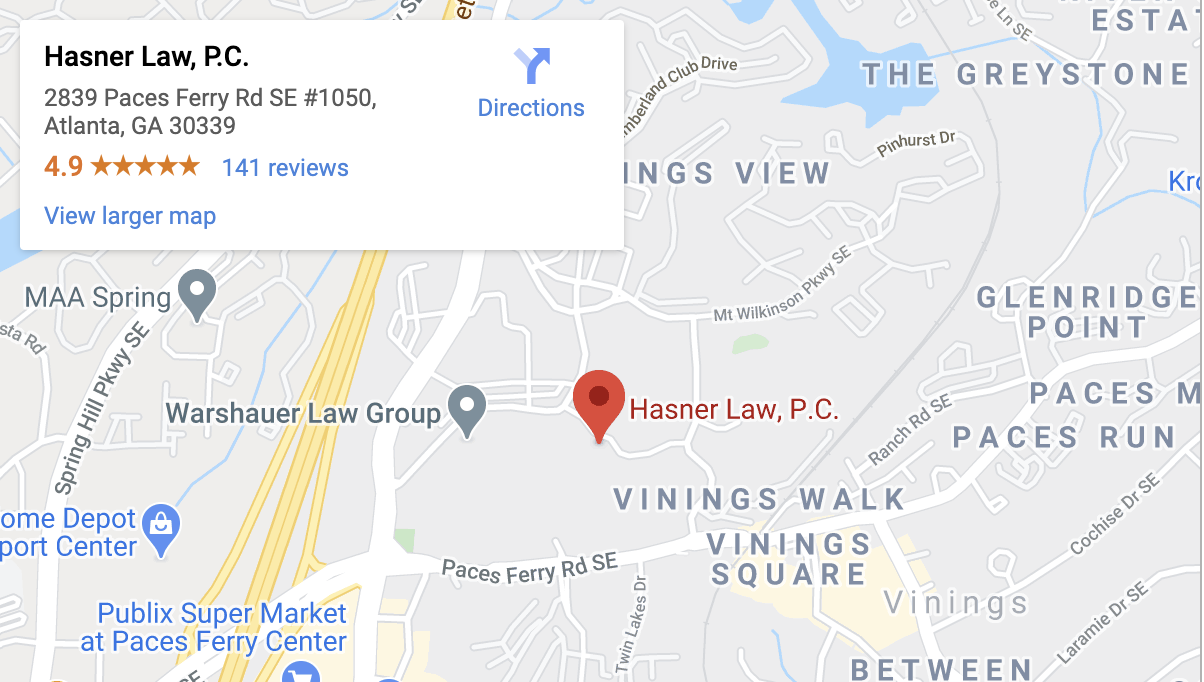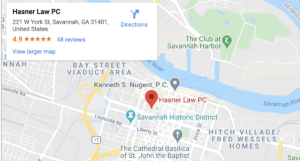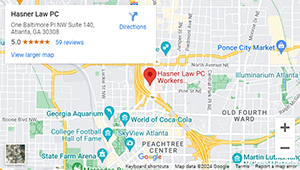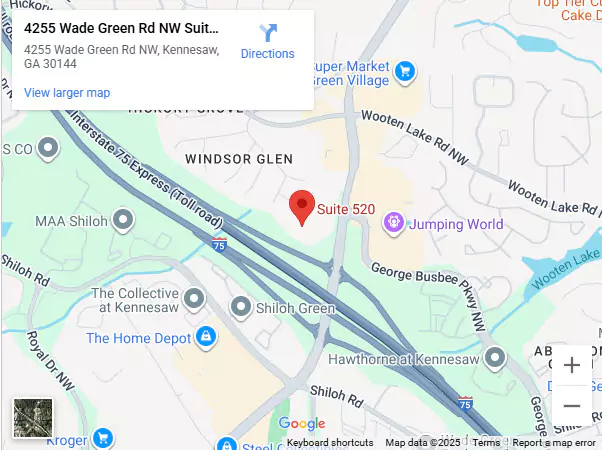What is a Personal Injury Case?

The actions or inactions of a person or party can cause injury to another person.
A personal injury case is a process for seeking compensation for the injuries, financial losses, and other damages caused by another party’s negligence or wrongdoing.
Common examples of personal injury cases include:
- Car accidents
- Dog bites
- Defective products
- Bicycle accidents
- Premises liability claims
- Motorcycle crashes
- Truck accidents
- Construction accidents
- Medical malpractice
- Commercial vehicle accidents
The above list is a small sample of situations that can result in a personal injury claim. Any accident or situation that results in another person’s injury and meets the legal elements for fault and liability could result in a personal injury case.
What are the Legal Elements of a Personal Injury Claim?

Most personal injury cases are based on negligence. Negligence is the failure to exercise the same care that a reasonable person would have exercised in a similar situation. The “reasonable care” standard varies depending on the type of personal injury claim.
For example, the reasonable care that a doctor must use differs from the reasonable care that a driver must use. Establishing reasonable care for a negligence case is an important step in proving that a party is liable for damages.
The elements of a general negligence claim are:
Duty of Care
One party owes another party a duty of care. The levels of the duty of care vary depending on the relationship between the parties. There could also be slight differences in how the duty of care is defined based on the type of personal injury case.
Establishing the specific level of care that was owed to you at the time of your injury will be critical in a successful personal injury case.
For example, all drivers have a duty of care to operate their motor vehicles in a manner that does not place others at risk. Doctors owe a duty of care to their patients to act within the accepted standard of care for a similar medical situation. Property owners have a duty of care to correct hazardous or dangerous conditions that could cause a person to sustain an injury.
Breach of Duty
When a party fails to meet the duty of care, it is called a breach of duty. There are many ways that a party could breach the duty of care.
For instance, excessive speed, drunk driving, and distracted driving would breach the duty of care because those driving behaviors put others on the road at risk. A nursing home breaches the duty of care to patients when it fails to supervise employees, and the failure results in nursing home abuse.
Causation

The breach of duty must be a direct and proximate cause of your injury. In other words, you must have evidence that links the other party’s breach of duty to your injury.
For example, a property owner knew or should have known about a weak spot in the floor caused by water damage.
The owner breaches the duty of care by failing to repair the damage or warn you of the risk. If you fall through the floor, the breach of duty caused your accident.
In the above example of a driver, you must have evidence that proves the driver’s action led to the cause of the crash. For example, the driver was texting while driving, thereby causing your rear-end accident.
Damages
There must be damages to recover compensation for a personal injury claim. In most cases, physical injuries result in a variety of financial and non-economic damages.
What Damages are Recoverable in a Personal Injury Case?
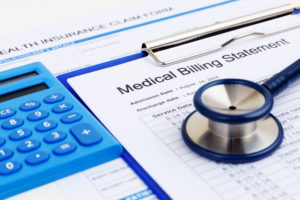
If you can prove the elements of negligence, strict liability, or other cause of action for personal injury, you are entitled to compensation for your damages. The amount of damages varies greatly depending on the circumstances of the case. Most victims are entitled to reimbursement for their financial losses or economic damages.
Economic damages include, but might not be limited to, lost wages, property damage, medical bills, and personal care.
However, victims are also entitled to compensation for their pain and suffering or non-economic damages. Pain and suffering damages include the mental, physical, and emotional suffering caused by the accident and your injuries. It also includes loss of enjoyment of life, disfigurement, permanent impairment, and psychological injuries.
Punitive damages are awarded by a court to “punish” a defendant for gross negligence and willful wanton behavior that demonstrates a disregard for other people’s safety. Punitive damages are rarely awarded in personal injury cases.
The amount of compensation you could receive for a personal injury claim might decrease if you are partially at fault for the cause of your injury. Comparative fault laws permit courts to reduce the award for a personal injury case by the percentage of fault assigned to the victim by the jury. If the victim is over 50 percent at fault, the victim is barred from receiving any money for the injury claim.
Are There Time Limits for Filing Personal Injury Claims?
Yes, your time to file a personal injury lawsuit is restricted by statutes of limitations. Most personal injury claims have a two-year deadline for filing a personal injury lawsuit.
If you do not file your lawsuit before the two-year deadline, you cannot pursue a legal claim for your injury.

However, there are exceptions to the statutes of limitations that could shorten the deadline. For example, you must file a notice of claim within months after the injury if the case involves a government entity. Failing to file the notice of claim could bar you from filing a personal injury lawsuit.
Talking with a personal injury lawyer as quickly as possible after an accident is in your best interest. The lawyer calculates the deadline for filing notices of claims and lawsuits to protect your legal rights.
What Should You Do After an Accident or Injury?
Report the accident or injury and seek immediate medical attention for injuries. You want to ensure that you have a record of the accident and document your injuries through medical records. Failing to seek prompt medical treatment could hurt your personal injury claim.
Document your damages by keeping detailed records of your injuries and financial losses. Keep copies of all documents related to expenses and costs. Additionally, make detailed notes about every conversation you have with doctors, insurance claims adjusters, and others regarding your accident claim.
Contact a personal injury lawyer as soon as you can. An attorney reviews your claim, explains your legal rights, and discusses your options for recovering compensation. An attorney also answers your questions and provides information that helps you decide how to proceed with your personal injury case.




